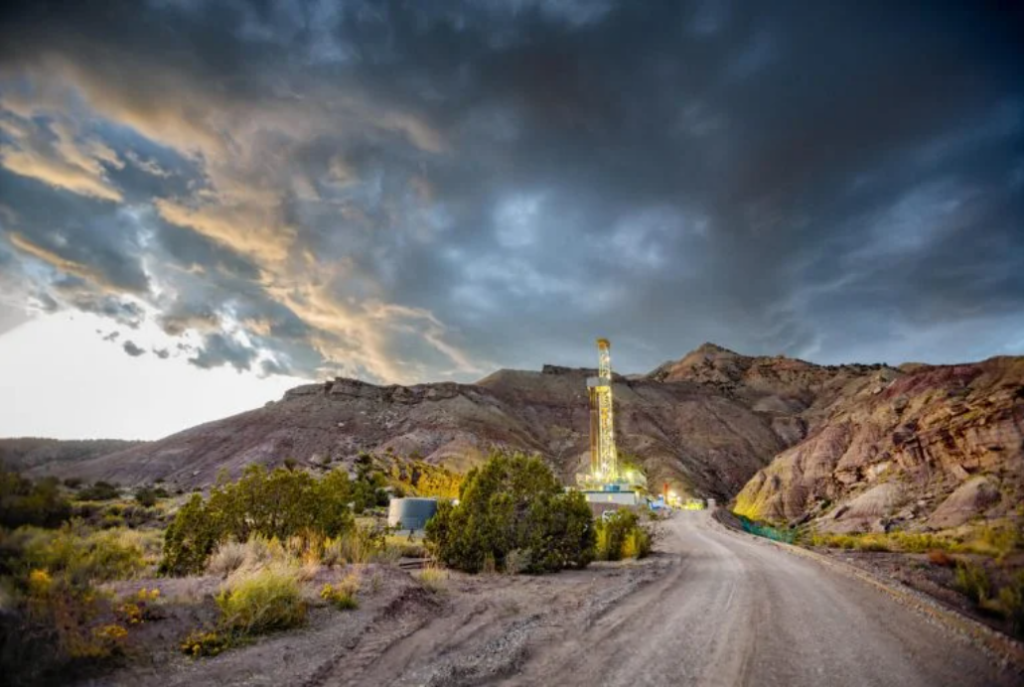It’s not limited to Colorado though — other states can and should take note that early collaboration with stakeholders can deliver big wins for the economy and climate.
By Nini Gu
As the first state to address oil and gas methane in 2014, Colorado racked up another first in February, when it began implementation of the 2024 U.S. EPA methane rule before any other state. The Air Quality Control Commission voted unanimously to adopt state rules that include provisions to fully phase out the use of intentionally polluting equipment. It’s an example other states should follow to limit energy waste and protect communities from pollution.
The Colorado way delivers with a unanimous vote for a groundbreaking oil and gas methane rule Share on X
Especially noteworthy is the fact that the rule was adopted with the support of not just environmental and public health advocates, but also the state’s two largest oil and gas trade associations.
Methane is a potent greenhouse gas that is 80x more powerful than CO2 at trapping heat in the atmosphere in the first 20 years. CO2 lasts longer, but methane sets the pace for warming in the near term, meaning that methane emissions reductions are the best way to rapidly reduce a warming climate. In addition to the climate impacts, methane co-pollutants from oil and gas production include ozone precursors and many toxic chemicals. Cutting methane is an urgent climate task with significant public health benefits.
One of the key rules adopted focuses on pneumatic devices or process controllers — devices that control important elements of the oil and gas production process such as pressure and flowrate. Traditionally these devices were designed to be powered by natural gas, and therefore intentionally emit methane, the main component of natural gas. These devices become an even bigger source of methane emissions when they fail to operate properly.
However, process controllers powered by solar power, grid electricity, and instrument air or that utilize inert liquid nitrogen have become widespread and affordable. Replacing devices that intentionally emit methane to devices that don’t is a straightforward way to cut emissions waste and pollution, which is why the 2024 U.S. EPA methane rule requires replacements nationwide by March 2029.
March 2029 is a long way away for such a commonsense fix, so the AQCC voted to set its own state timeline of May 2027 for the majority of facilities (including facilities with the highest 50% of production). As Michael Ogletree, senior director of the Air Pollution Control Division states: “[Colorado] didn’t wait for federal deadlines — we acted early to advance these protections for our environment and communities.”
The AQCC’s unanimous vote reflects the strong consensus of support for early replacement of methane emitting control devices—everyone from environmental groups to the oil and gas industry to Colorado’s local governments recognized the benefits of this rule. The Executive Director of American Petroleum Institute Colorado Kait Schwartz described the rule as “a balanced step forward” and a policy that “safeguard[s] both public health and the environment while advancing responsible energy development in Colorado.”
These different interests all supported a retrofit timeline that is effective and achievable while prioritizing the highest producing facilities first. The Colorado Way — an approach that encourages the early engagement of interested parties in discourse and collaboration – has allowed the state to establish an unmatched record of regulatory consensus-building to achieve the state’s goals.
This stands in stark contrast to what is happening at the federal level, where U.S. EPA Administrator Lee Zeldin is planning for the greatest pollution increase in decades and completely disregarding the harmful impact to the economic competitiveness of U.S. companies in a world where local and global markets are seeking cleaner sources of energy.
There is nothing sensible about rolling back dozens of rules that protect human lives and the environment from toxic chemicals, and there is no consensus support for that degree of regulatory uncertainty.
Regulatory uncertainty is bad for any industry trying to make long-term investments, bad for states trying to design effective emissions reductions plans, and bad for the economy. In a time of federal turbulence, state-level regulations can provide certainty and insulate local economies from unnecessary chaos.
Colorado is showing other states how to establish a forward-thinking and stable approach for their regulations, and the first step is simple: codify the commonsense provisions of the 2024 U.S. EPA methane rule into state-level regulations. Colorado’s success provides a blueprint for other state regulatory bodies, communities, and industry stakeholders to come to the table looking to find similar win-win solutions that that are commonsense and cost-effective.
This is a pivotal moment for state regulators to build upon the benefits of the well-established regulatory agencies and norms that have made America healthier and more prosperous. Colorado is proof that there’s a better way to build forward, that loud noises and destructive scare tactics won’t overcome a collaborative process where all parties are encouraged to find solutions to urgent problems. We all share a climate, breathe the same air, and stand to gain by embracing win-win solutions for our environment and our economy.


